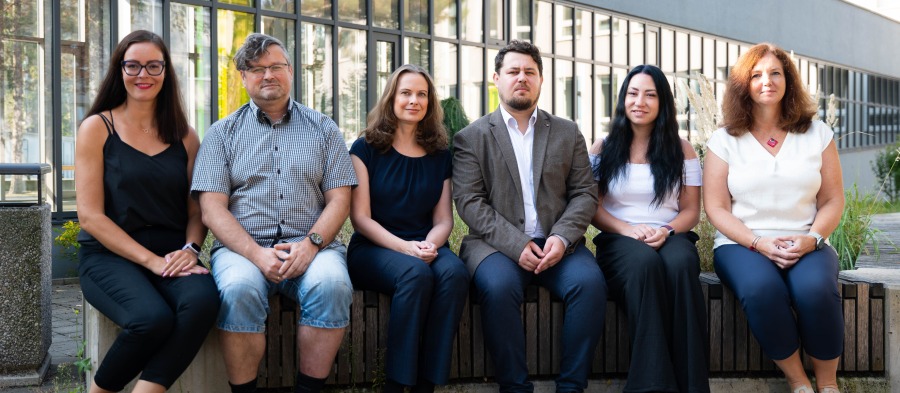Department of Civic Education
The Department runs the 3-year Bachelor’s degree in Civic Education with Focus on Teaching/Education and the 2-year Master’s teacher training degree for Civic Education teachers at future lower secondary level. Both degrees are available either as full-time or part-time studies.
The Department also teaches courses in social sciences disciplines for other departments at the Faculty of Education and the Faculty of Arts, as well as running the interdisciplinary module “Media Education in Schools”.
Research at the Department covers a broad interdisciplinary range, integrating approaches from social sciences, humanities and pedagogy.
Civic Education with Focus on Teaching/Education (Bachelor’s degree)
This degree trains graduates to work in the education system. Most of the courses (lectures and seminars) are theoretical in focus, offering basic knowledge in individual social science disciplines which form the basis for expertise in civic education: these include philosophy, religious studies, political science, sociology, history, economics, law, ethics and intercultural education. Students can also choose optional courses enabling them to specialize in particular areas – such as environmental and global education, art history and cultural heritage management, gender-sensitive education, political and cultural geography, aesthetics, and issues related to national minorities. Students participate in practical teaching placements (both regular teaching days and as a two-week block) at primary schools. After defending their Bachelor thesis and passing their final state examination, students are awarded the title Bachelor (Bc.).
Teaching Civic Education at Lower Secondary Schools (Master’s degree)
This degree trains graduates to teach civic education at lower secondary level. Most of the courses (lectures and seminars) are theoretical, focusing on the requirements of secondary education. They build on the basic knowledge of individual social sciences disciplines gained during the Bachelor’s degree programme, expanding students’ expertise via lectures and seminars on the history of social and cultural anthropology, integral anthropology and European integration processes. The programmes includes three semesters of courses in civic education didactics involving a combination of theoretical knowledge and practical skills. Optional courses enable students to pursue specialist areas of interest: media education, applied political science, teaching ethics, and selected topics from 20th-century history. Students participate in practical teaching placements (both regular teaching days and as a five-week block) in schools (total 25 hours of direct teaching). After defending their Master’s thesis and passing their final state examination, students are awarded the title Master (Mgr.).
Updated: 30. 01. 2018






















